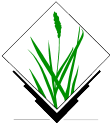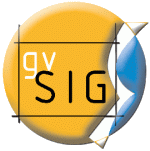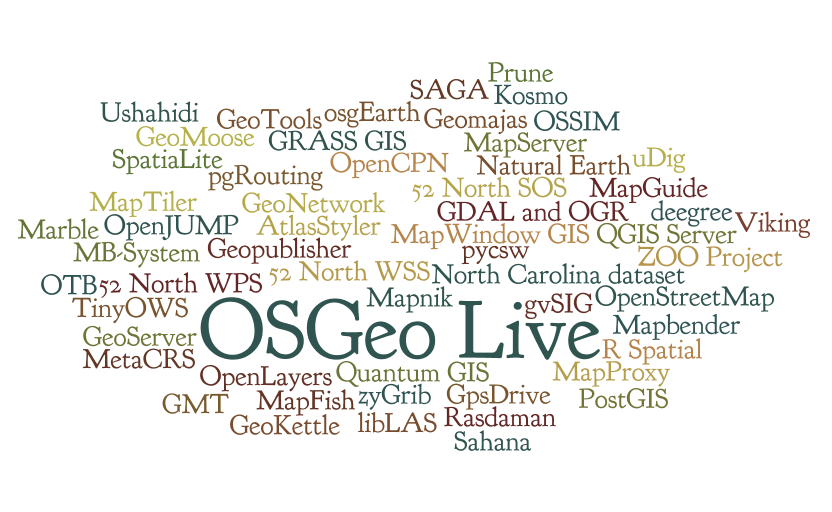Difference between revisions of "Google Summer of Code 2016 Ideas"
(add osgeolive) |
|||
| Line 113: | Line 113: | ||
* [https://github.com/geopython/pywps/wiki/GSoC-2016-Ideas '''PyWPS''' Ideas]: [http://pywps.wald.intevation.org PyWPS] is server implementation of OGC WPS standard on server side using Python programming language. Currently, [http://github.com/jachym/pywps-4/ new version of PyWPS] is being done, were we would like to implement several new attractive features. | * [https://github.com/geopython/pywps/wiki/GSoC-2016-Ideas '''PyWPS''' Ideas]: [http://pywps.wald.intevation.org PyWPS] is server implementation of OGC WPS standard on server side using Python programming language. Currently, [http://github.com/jachym/pywps-4/ new version of PyWPS] is being done, were we would like to implement several new attractive features. | ||
| − | + | ||
[[Image:logo-uDig.png|60px|right]] | [[Image:logo-uDig.png|60px|right]] | ||
| − | * [https://github.com/moovida/jgrasstools/wiki/Google-Summer-of-Code- | + | * [https://github.com/moovida/jgrasstools/wiki/Google-Summer-of-Code-ideas-2016 '''JGrasstools''' and '''uDig''' Spatial Toolbox SoC Ideas]: The JGrasstools project is a geospatial modules library dedicated to hydrology and geomorphology. It is the base of the modules for uDig's Spatial Toolbox. |
| + | |||
<!-- | <!-- | ||
[[Image:otp-logo.png|80px|right]] | [[Image:otp-logo.png|80px|right]] | ||
Revision as of 07:10, 19 February 2016
- Back to the main OSGeo Google Summer of Code 2016 wiki page.
OSGeo Google Summer of Code 2016
The Open Source Geospatial Foundation would like to extend a welcome to all SoC students. On this page you will find links to a host of ideas organized by project. You will find ideas ranging from the depths of computer science graph theory to the heights of visualization. One thing all these ideas have in common is lots and lots of spatial data.
These ideas are *only* to motivate you, and serve as example of the kind of hills we want to charge up. Your own ideas are more than welcomed - they are encouraged. We view you as the next wave of open source leaders; show us what you've got.
- Students: check out the Google Summer of Code Recommendations for Students page. If you need more information on how to apply you can contact all the mentors via the OSGeo-SoC mailing list (see below)
- There is a Google SoC flyer to look at and post in appropriate places.
- Ok, OSGeo is involved in working with maps and things, but what kind of projects does it really do? Have a look at the live blog feed to see what people are working on right now.
- Mentors, there's an additional link providing some tips and specifying your responsibilities on the main OSGeo Google_Summer_of_Code_2016_Administrative wiki page.
The ideas pages
[Check back often, it's a work in progress]
Each participating project's list of ideas is on the respective projects' wikis, with a short description of the project and what type of students would be interested in it:
OSGeo Foundation member projects
More coming soon: Get started talking to your favorite project's development team today!
- GRASS GIS SoC Ideas: GRASS GIS is an open source GIS focusing on analysis, modeling and visualization. It is a collection of modules written in C and Python and has a GUI written in wxPython. If you know Python, or want to implement algorithms in C, take a look!
- QGIS SoC Ideas: QGIS is a user friendly Open Source Geographic Information System (GIS) that runs on Linux, Unix, Mac OSX, and Windows. QGIS supports vector, raster, and database formats. It is written in C++ and Python.
- gvSIG Ideas: gvSIG is a free GIS project for Desktop. The gvSIG project looks for students with Java or Python skills that want to develop new ideas on this software.
- Osgeo-Live SoC Ideas: OSGeo-Live is a self-contained bootable DVD, USB thumb drive or Virtual Machine based on Lubuntu, that allows you to try a wide variety of open source geospatial software without installing anything. It is composed entirely of free software, allowing it to be freely distributed, duplicated and passed around. It provides pre-configured applications for a range of geospatial use cases, including storage, publishing, viewing, analysis and manipulation of data. It also contains sample datasets and documentation.
Guest projects
Like-minded geospatial projects to take part under OSGeo umbrella. If you wish your software project to be listed here, please contact Madi or Anne.
- pgRouting Ideas: pgRouting extends the PostGIS / PostgreSQL geospatial database to provide geospatial routing functionality and more.
- PyWPS Ideas: PyWPS is server implementation of OGC WPS standard on server side using Python programming language. Currently, new version of PyWPS is being done, were we would like to implement several new attractive features.
- JGrasstools and uDig Spatial Toolbox SoC Ideas: The JGrasstools project is a geospatial modules library dedicated to hydrology and geomorphology. It is the base of the modules for uDig's Spatial Toolbox.
See also
Other like minded projects do not participate to GSoC under OSGeo umbrella, but with their own organization. You may want to visit also their page:
Don't see in the list the project you're interested in?
Contact them in their developers mailing list! Feel free to propose your own idea and get feedback!
I want to apply as a student
Before applying as a student, check out the Google Summer of Code Recommendations for Students page.
Which project do I choose?
Most of the software projects are available pre-built on our Live demo { DVD | USB stick | VirtualMachine } with project overviews and short tutorials where you can try everything out.
- View the documents and download the ISO from http://live.osgeo.org
Important dates
- Feb 29: Google announces accepted organizations.
- Please start talking to the dev communities you are interested in now.
- March 14: Student applications open.
- The earlier you start the more probable it is that you will be accepted!
- There is two way feedback during the application process which really helps you improve and clarify your application before the final deadline. The better your involvement with your potential mentors during this period, the better your chances of being selected.
- March 25: Student application deadline.
- April 22: Accepted student proposals are announced and Community Bonding Period begins.
- May 23: Coding begins!
- (you may unofficially start a week or two earlier if you know you'll have to take a week or two off during The Summer or you'll be sitting finals in the first week(s) of the program. This must be reflected in your application timeline)
- June 20 - 27: Mid-term evaluation
- August 15-23: Pencils down!
- August 23 -29: Final evaluations
- August 30: Final results announced
[Back to Google Summer of Code 2016 @ OSGeo]






